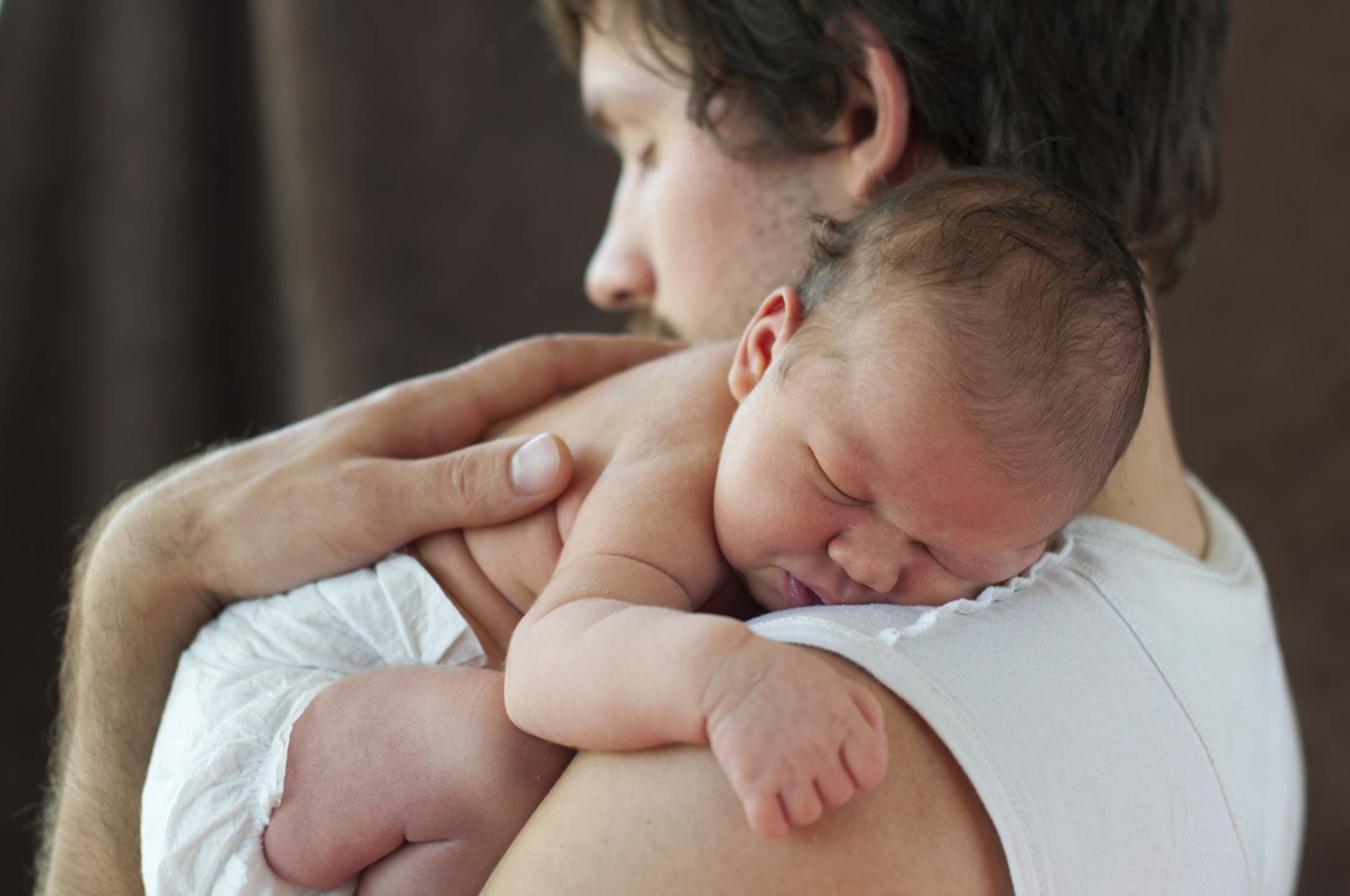
19 Nov 13 Myths About Postnatal Depression
There are still a large number of myths and misconceptions around postnatal depression, preventing parents from seeking help, so what are these myths?
Up to one in 10 expecting mums in Australia experience depression during pregnancy. On top of this, more than one in seven new mums and up to one in 20 new dads are diagnosed with postnatal depression each year, with more experiencing anxiety. Postnatal depression is very treatable and seeking support early leads to a faster recovery, so let’s separate fact from fiction.
Myth 1: Only women get postnatal depression.
Men and non-birthing parents can get postnatal depression too. Up to one in 20 new dads are diagnosed each year in Australia, and many more struggle without seeking help.
Myth 2: Postnatal depression is caused by hormonal changes.
Like all forms of depression and anxiety, a range of biological, social and psychological factors can contribute to postnatal depression. These can include hormonal changes, traumatic birth, previous mental health issues, breastfeeding difficulties, sleep deprivation, social isolation, financial stress and relationship issues.
Myth 3: You can easily tell if someone has postnatal depression.
The combination and severity of symptoms differs and many parents go to great lengths to hide their real feelings because of guilt or shame. It’s important to know the signs to look out for and to ask new parents how they’re really going. Common symptoms can include: feeling sad, anxious or teary; irritability; changes in appetite; sleep problems unrelated to baby’s sleep; feeling guilty, worthless or numb; fear of being alone; fear of baby; withdrawing socially; difficulty thinking clearly; agitation; thoughts of harming yourself or your baby.
Myth 4: Postnatal depression always occurs within a few weeks of childbirth.
Postnatal depression can occur anytime in the 12 months after birth. When the onset is sudden and severe it can be easier to recognise. However, when it’s gradual it can be more difficult to separate from the everyday challenges of parenthood.
Myth 5: Feeling ‘down’ is just part of parenthood.
Becoming a parent can be stressful and many mums and dads have some ‘down days’ as they adjust. However, postnatal depression symptoms that last for two weeks or more and impact on daily functioning indicate it’s time to get help.
Myth 6: Mums and dads with postnatal depression are bad parents.
Having postnatal depression does not make you a bad parent. It is not something parents choose or have control over. Most parents with postnatal depression can care for their babies, often putting their own needs last to care for their children. Regardless, many believe they are ‘bad’ parents and experience enormous guilt. Good practical and emotional support from family and friends can help.
Myth 7: Your baby will be taken away if you have postnatal depression.
Some parents fear that if they admit they are not coping, their baby will be taken away from them. This fear can prevent them from seeking professional help. PANDA, doctors and health professionals are used to talking about these issues and are there to help parents get the right treatment for recovery.
Myth 8: Parents with postnatal depression don’t love their babies.
Mums and dads with postnatal depression often feel a strong bond and connection with their baby, despite their low mood or anxiety. For others, ongoing, untreated depression can make it hard to emotionally connect and this can impact on their baby’s wellbeing. With early support and treatment most parents recover and go on to enjoying parenthood.
Myth 9: Parents with postnatal depression have to take antidepressants.
For some parents with postnatal depression, medication can be a successful part of treatment, especially in combination with counselling. For others, practical and emotional support from their family and friends will be most important. Generally, a combination of supports works best.
Myth 10: Taking antidepressants while breastfeeding can harm your baby.
Antidepressants are not addictive and some can be safely taken while breastfeeding and pregnant. A doctor or pharmacist can provide informed and objective advice.
Myth 11: Pregnant women don’t get depressed.
Depression and anxiety are actually the most common mental health issues during pregnancy and after birth. Up to one in 10 women in Australia experience depression during pregnancy and they are more at risk of developing postnatal depression if they have had it antenatally. The good news is that early treatment for antenatal depression can reduce the risk of getting postnatal depression.
Myth 12: Postnatal depression will go away by itself.
Postnatal depression is highly treatable but like all mental illnesses, parents cannot simply ‘snap out of it’. Early treatment and the right support leads to a faster recovery.
Myth 13: There’s nothing I can do to help a parent with postnatal depression.
Often a friend, family member or colleague is the first to notice when something is not right. Just being there, listening and providing non-judgemental emotional and practical support can help. Gently encouraging them to speak to PANDA, their GP or Maternal Health Nurse is also important. PANDA also has lots of good information on how to support someone with postnatal depression.
Postnatal Depression Awareness Week 10 – 16 November 2019. PANDA National Perinatal Depression Helpline: 1300 726 306. Please donate at www.panda.org.au to help PANDA raise $70,000 in seven days during Postnatal Depression Awareness Week.
Around 100,000 expecting or new parents in Australia struggle with perinatal depression or anxiety each year. PANDA has been raising awareness of these illnesses for 30 years and has helped tens of thousands of Australian parents get much needed information, support and treatment to aid their recovery.
Words by PANDA

